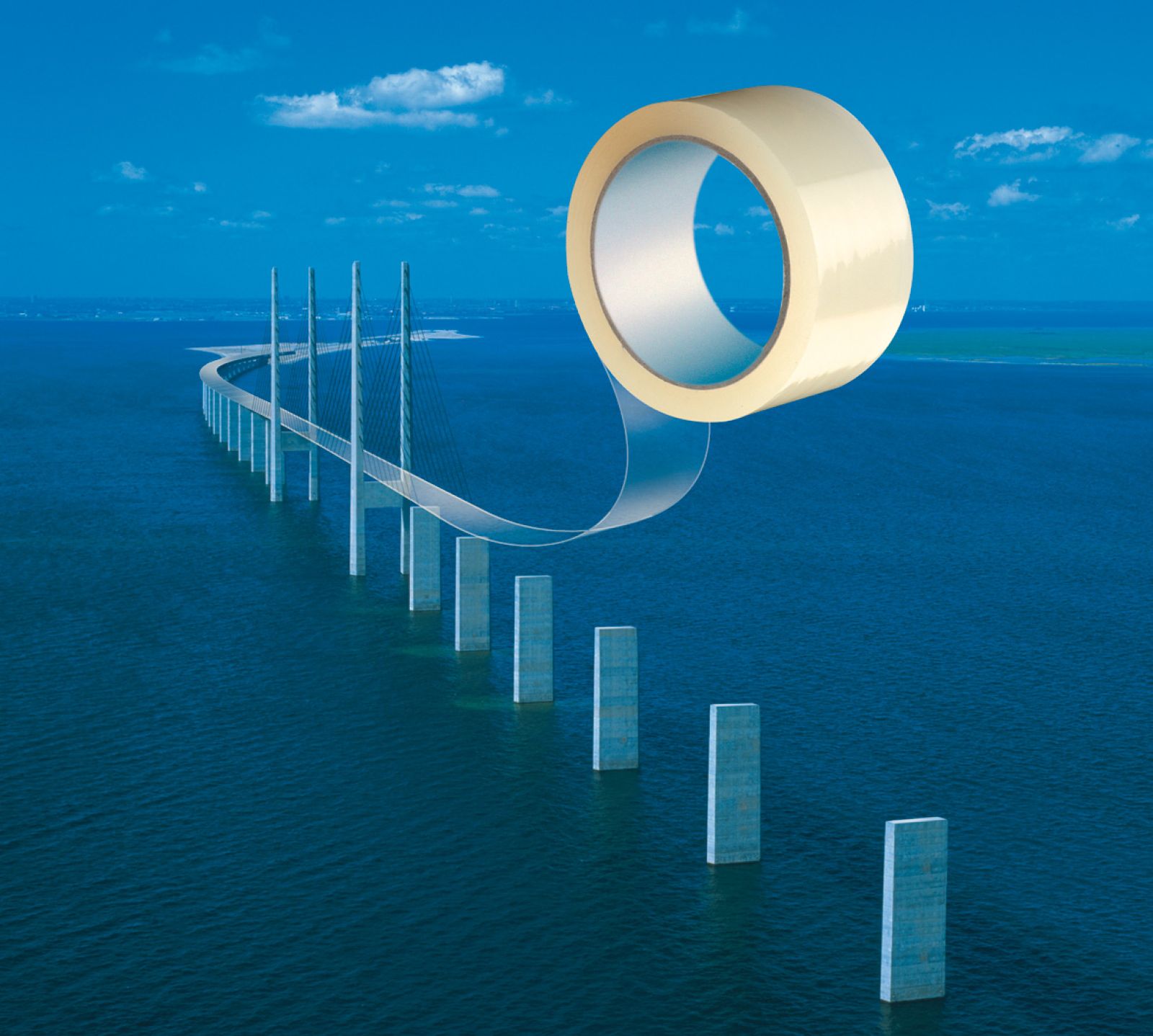
Popular trendspotter and futurologist to speak at Dubrovnik Conference
By popular demand, Afera’s Marketing Committee has secured Magnus Lindkvist, a European trendspotter and futurologist, to speak at the Annual Conference in Dubrovnik, Croatia, on Friday, 3 October at 12.15 CET. Mr. Lindkvist will discuss "Darwinnovation: The ultramodern way of creating the future in a turbulent world." Topics to be covered include the new tools of innovation (crowd sourcing, open innovation, rapid prototyping), creation vs. competition, and uncertain and certain futures (where are we now?).
Mr. Lindkvist made a significant impact on the audience at Afera’s Stockholm Conference in 2010 when he discussed the future of innovation and change, including the key concepts of ‘IKEA-fication’ and ‘punk’, in his presentation “Future Possibilities and Possible Futures”. Below is a synopsis of his lecture that was published in the December 2010 issue of Afera News.
The future of innovation and change
Excerpt from Afera News, December 2010
The last session of the Conference was a well-received, out-of-the-box presentation delivered by Magnus Lindkvist, a ‘trend spotter extraordinaire’ of Pattern Recognition (S). Mr. Lindkvist took the audience on a journey called “Future Possibilities and Possible Futures” into the thrilling opportunities of tomorrow’s world.
With the aid of entertaining sound and graphics, Mr. Lindkvist discussed how we think about the future, how we sometimes wrongly think about it, the spotting of trends relevant to the tape industry, and innovation and change, identifying the key concepts of ‘IKEA-fication’ and ‘punk’.
In a world in which ‘fast’ is becoming one of the most frequently used buzzwords, the long-term perspective often gets lost. There are, however, a number of reasons to study long-term ‘gigatrends’ and societal development, not least in order to predict where we might be heading. When asked about the future, most people tend to think of technology as the sole driver of future opportunities; yet there are a number of sociological, cultural and economic shifts in the world today that are bound to transform the world we live in into something completely different in the coming decades.
Around the year 2030, India will overtake China as the most populous nation on Earth. The most common person on Earth will be an elderly, Indian woman. Mr. Lindkvist explained that women will take over the majority of professional positions.
We already know that India will become the most prosperous economy on Earth, surpassing those of China and the US. According to Hans Rosling, professor of global health at Sweden’s Karolinska Institute and Gapminder, this will happen on the afternoon of 27 July 2048. If you start taking this information into account in your businesses, you will be able to say in the future, ‘we were there already in 2010’.
As the East becomes more prosperous, its inhabitants will buy more ‘stuff’. People will also reduce the size of their families and households. Thus the average consumer of the future will be a wealthy, elderly Indian woman living amongst stacks of boxes by herself. How do we get these parameters to work for us?
The tape industry needs to tap into societal trends, especially those of technology, resources and business. Not just micro-trends—quick-moving fads, especially in technology generations—but macro-trends—‘business cycles’—and even gigatrends—long-term, slow-moving trends.
What are the megatrends shaping society over the next 10 or 20 years? IKEA and punk rock. One of IKEA’s slogans is ‘nothing is impossible’. They’ve made it cheaper to buy, cheaper to experiment, and cheaper to fail. Because of this, more people are participating in the market. This concept has been termed ‘IKEA-fication’.
‘Punk rockers’ exist in every industry. Business operations aren’t necessarily large, established companies; they are increasingly small garage start-ups of two and three people springing up, challenging the status quo, doing things perhaps a little bit cheaper, a little bit better-looking—sourcing from your suppliers and packaging a bit differently to suit a specific need or a one-week business model. They are driving change and innovation.
Innovators cause friction, want to break rules, to make things better, cheaper, better-looking. For those who would be attending Afera’s November event in India, Mr. Lindkvist reminded them that India is an especially mindset-challenging society.
Along these lines, knowledge doesn’t flow top-down anymore but bottom-up and from the side. There are web communities—websites, forums, etc.—made up of people who share fanatical interests such as adhesive tape. These are your best customers. Find them, connect with them and ask them for advice. Very often these niche groups know more about the subject of PSAs than you do. They can communicate consumer demands and give you new ideas.
In an article of a year ago, The Economist said that people who have lived abroad for at least six months tend to be more creative. So having access to people who are living in another country is absolutely vital, because new ideas come from friction and diversity.
The future is becoming more dangerous and exciting, but a budget and a plan will only get you so far if you do not imagine what unexpected things lie around the bend. If you do not, you will fail. If you are not aware that you might be doing something wrong right now, you will be in trouble. The three words ‘I don’t know’ can be your best friend as a business developer. In the tape industry, not knowing is what drives us forward. What looked like a failure once, with a little tweaking, can become a runaway success.
Don’t miss Mr. Lindkvist’s newest presentation for Afera on 3 October 2014. Register for the Association’s Dubrovnik Conference here

